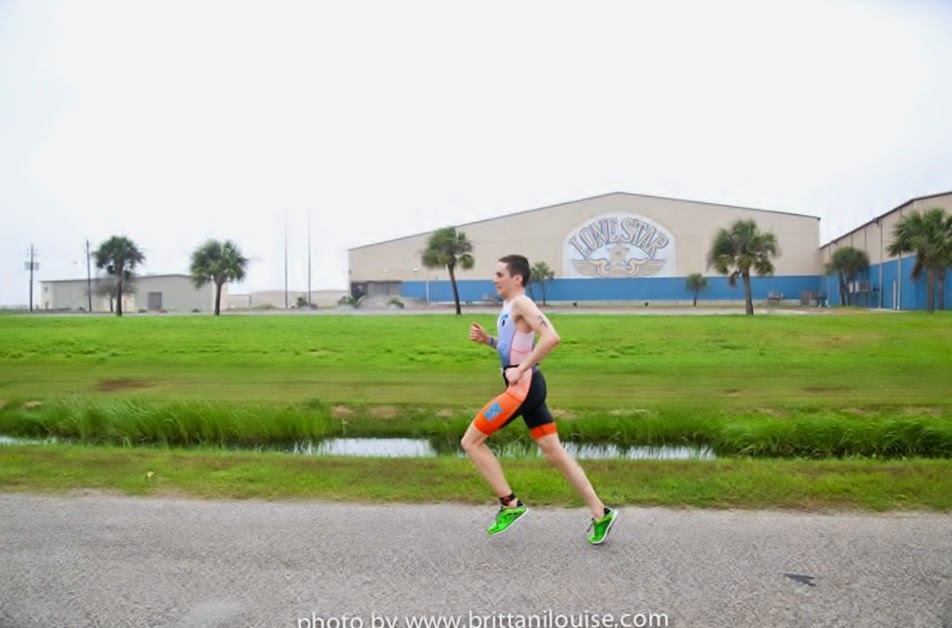I’m set to kick off my season next weekend with back-to-back half distance races: IRONMAN 70.3 New Orleans on April 19th and IRONMAN 70.3 Texas on April 26th. Perhaps you’ve noticed my lengthy hiatus from racing—seven long months to be exact. That extended “off-season” wasn’t the product of injury, illness or other commitments; it was a calculated decision. In this post, I’ll explain why and how I’ve fallen deeper down the rabbit hole of pro triathlon.

The Catch-22
After last season, my first racing as a pro, I faced a Catch-22 of sorts. I knew that I’d jump at the opportunity to spin professional triathlon into something resembling a career. I also knew that such an opportunity would depend on achieving a higher level of performance—not only with racing, but also with the soft skills that influence success in pro triathlon.
I recognized that being successful would require a greater commitment to triathlon, but I wasn’t compelled to make that commitment until the success rolled in.
I could see this dilemma, yet it felt risky and impulsive—reckless even—to go “all in” with triathlon before I had solid proof of concept that I could really hack it as pro triathlete. Like buying the ring after the first date.
My cautious and conservative streak screamed its objection. But for once, I stopped listening.
The longest “off-season”
Last year, I was initially eager to race late into the fall and then get an early start in 2015. An inexperienced pro triathlete should race as much as possible, right?
My coach David had a different idea. He advocated taking several months off racing, citing the potential for development that this would provide. There would be no interruptions imposed by tapering for and recovering from races, and no pressure to have race-ready fitness balanced across three sports. Just training. David even threw some numbers into his pitch, predicting how much I could expect to improve in that time. Before long, I was sold.
My extended “off-season” can be roughly divided into three blocks:
- October – December: “Quality volume” in my coach’s words
- January: Swim focus at the Magnolia Masters Pro Camp with Coach Tim Floyd
- February – April: Balanced training building into my first races
Over this time, I’ve redoubled the focus, effort and attention to detail that I bring to training and recovery; I’ve dialed my day job back to a bare minimum; I’ve spent several weeks in Texas training with my coaches and other pro triathletes; I’ve welcomed some new sponsors; all the while, without seeing a start line and scarcely a cent from triathlon. It’s been a major investment and an exercise in delayed gratification.
That leads me to the present: seven months off racing. Nothing. Not even a local 5k.
Now, a week out from my season opener, I won’t pretend that I’m not feeling a little anxious. With greater commitment come higher expectations. I found this memorable passage from Faster by British cyclist Michael Hutchinson:
“What about me makes me faster than the vast majority of bike riders? Is it physical? Mental? Is it something innate, or something I achieved by training? There was a phase early in my career when I was so terrified that whatever it was might suddenly vanish that my first race of the year was a source of acute pre-event anxiety. Whatever it is was always there when I needed it, but that doesn’t solve the mystery of where it came from in the first place.”
Regardless of ability, who hasn’t experienced pre-race doubts? Thankfully, that’s just one part of the cocktail of emotions that makes racing such an addictive thrill. I’m mostly feeling excited for another opportunity to put myself on the line.
Please join the conversation about this post on Facebook, Twitter or in the comments below.







